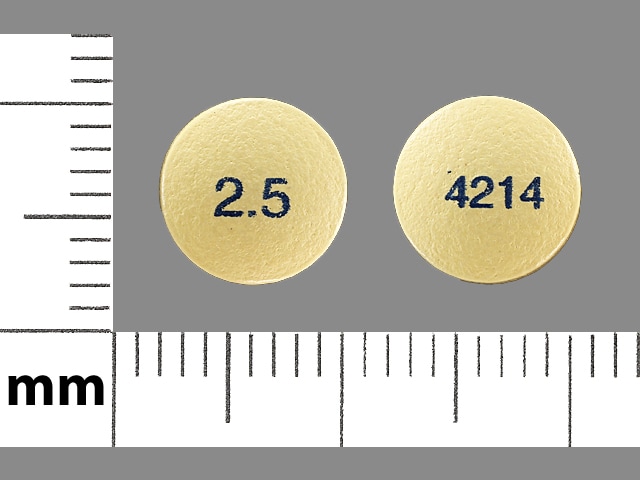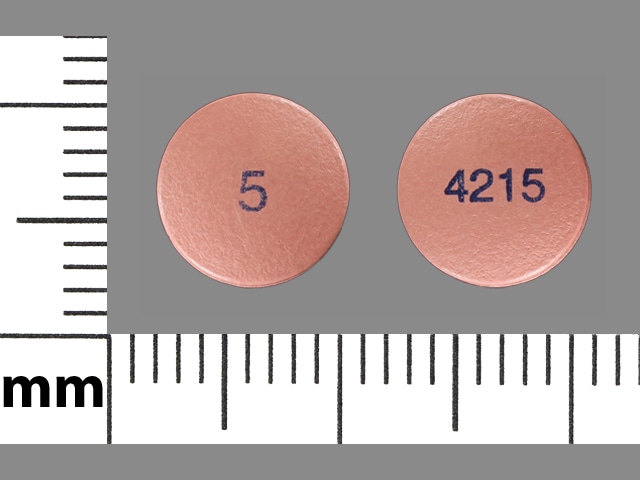What is Onglyza?
- Onglyza is a prescription medicine used with diet and exercise to control high blood sugar (hyperglycemia) in adults with type 2 diabetes.
- Onglyza lowers blood sugar by helping the body increase the level of insulin after meals.
- Onglyza is unlikely by itself to cause your blood sugar to be lowered to a dangerous level (hypoglycemia) because it does not work well when your blood sugar is low. However, hypoglycemia may still occur with Onglyza. Your risk for getting hypoglycemia is higher if you take Onglyza with some other diabetes medicines, such as a sulfonylurea or insulin.
- Onglyza is not for people with type 1 diabetes.
- Onglyza is not for people with diabetic ketoacidosis (increased ketones in your blood or urine).
It is not known if Onglyza is safe and effective in children younger than 18 years old.
What is type 2 diabetes?
Type 2 diabetes is a condition in which your body does not make enough insulin, and the insulin that your body produces does not work as well as it should. Your body can also make too much sugar. When this happens, sugar (glucose) builds up in the blood. This can lead to serious medical problems.
The main goal of treating diabetes is to lower your blood sugar so that it is as close to normal as possible.
High blood sugar can be lowered by diet and exercise, and by certain medicines when necessary.
What is the most important information I should know about Onglyza?
Serious side effects can happen to people taking Onglyza, including:
1) Inflammation of the pancreas (pancreatitis) which may be severe and lead to death.
Certain medical problems make you more likely to get pancreatitis.
Before you start taking Onglyza:
Tell your healthcare provider if you have ever had
- inflammation of your pancreas (pancreatitis)
- a history of alcoholism
- stones in your gallbladder (gallstones)
- high blood triglyceride levels
It is not known if having these medical problems will make you more likely to get pancreatitis with Onglyza.
Stop taking Onglyza and contact your healthcare provider right away if you have pain in your stomach area (abdomen) that is severe and will not go away. The pain may be felt going from your abdomen through to your back. The pain may happen with or without vomiting. These may be symptoms of pancreatitis.
2) Heart failure. Heart failure means your heart does not pump blood well enough.
Before you start taking Onglyza:
Tell your healthcare provider if you
- have ever had heart failure or have problems with your kidneys.
Contact your healthcare provider right away if you have any of the following symptoms:
- increasing shortness of breath or trouble breathing, especially when you lie down
- swelling or fluid retention, especially in the feet, ankles or legs
- an unusually fast increase in weight
- unusual tiredness
These may be symptoms of heart failure.
Who should not take Onglyza?
Do not take Onglyza if you:
- are allergic to any ingredients in Onglyza. See the end of this Medication Guide for a complete list of ingredients in Onglyza.
Symptoms of a serious allergic reaction to Onglyza may include:- swelling of your face, lips, throat, and other areas on your skin
- raised, red areas on your skin (hives)
- difficulty with swallowing or breathing
- skin rash, itching, flaking, or peeling
If you have these symptoms, stop taking Onglyza and contact your healthcare provider right away.
What should I tell my healthcare provider before taking Onglyza?
Before taking Onglyza, tell your healthcare provider about all of your medical conditions, including if you:
- have kidney problems.
- are pregnant or plan to become pregnant. It is not known if Onglyza will harm your unborn baby. If you are pregnant, talk with your healthcare provider about the best way to control your blood sugar while you are pregnant.
- are breast-feeding or plan to breast-feed. Onglyza may be passed in your milk to your baby. Talk with your healthcare provider about the best way to feed your baby while you take Onglyza.
Tell your healthcare provider about all the medicines you take, including prescription and over-the-counter medicines, vitamins, and herbal supplements.
Know the medicines you take. Keep a list of your medicines and show it to your healthcare provider and pharmacist when you get a new medicine.
Onglyza may affect the way other medicines work, and other medicines may affect how Onglyza works. Contact your healthcare provider if you will be starting or stopping certain other types of medications, such as antibiotics, or medicines that treat fungus or HIV/AIDS, because your dose of Onglyza might need to be changed.
How should I take Onglyza?
- Take Onglyza by mouth one time each day exactly as directed by your healthcare provider. Do not change your dose without talking to your healthcare provider.
- Onglyza can be taken with or without food.
- Do not split or cut Onglyza tablets.
- During periods of stress on the body, such as fever, trauma, infection, or surgery.
Contact your healthcare provider right away as your medication needs may change. - Your healthcare provider should test your blood to measure how well your kidneys are working before and during your treatment with Onglyza. You may need a lower dose of Onglyza if your kidneys are not working well.
- Follow your healthcare provider’s instructions for treating blood sugar that is too low (hypoglycemia). Talk to your healthcare provider if low blood sugar is a problem for you.
- If you miss a dose of Onglyza, take it as soon as you remember. If it is almost time for your next dose, skip the missed dose. Just take the next dose at your regular time. Do not take two doses at the same time unless your healthcare provider tells you to do so. Talk to your healthcare provider if you have questions about a missed dose.
- If you take too much Onglyza, call your healthcare provider or go to the nearest hospital emergency room right away.
What are the possible side effects of Onglyza?
Onglyza can cause serious side effects, including:
- See “What is the most important information I should know about Onglyza?”
- Allergic (hypersensitivity) reactions, such as:
- swelling of your face, lips, throat, and other areas on your skin
- difficulty with swallowing or breathing
- raised, red areas on your skin (hives)
- skin rash, itching, flaking, or peeling
If you have these symptoms, stop taking Onglyza and contact your healthcare provider right away.
- Joint pain. Some people who take medicines called DPP-4 inhibitors like Onglyza, may develop joint pain that can be severe. Call your healthcare provider if you have severe joint pain.
- Skin reaction. Some people who take medicines called DPP-4 inhibitors, like Onglyza, may develop a skin reaction called bullous pemphigoid that can require treatment in a hospital. Tell your healthcare provider right away if you develop blisters or the breakdown of the outer layer of your skin (erosion). Your healthcare provider may tell you to stop taking Onglyza.
Common side effects of Onglyza include:
- upper respiratory tract infection
- urinary tract infection
- headache
Low blood sugar (hypoglycemia) may become worse in people who also take another medication to treat diabetes, such as sulfonylureas or insulin. Tell your healthcare provider if you take other diabetes medicines. If you have symptoms of low blood sugar, you should check your blood sugar and treat if low, then call your healthcare provider. Symptoms of low blood sugar include:
- shaking
- hunger
- sweating
- headache
- rapid heartbeat
- change in mood
- change in vision
Swelling or fluid retention in your hands, feet, or ankles (peripheral edema) may become worse in people who also take a thiazolidinedione to treat diabetes. If you do not know whether you are already on this type of medication, ask your healthcare provider.
These are not all of the possible side effects of Onglyza.
Call your doctor for medical advice about side effects. You may report side effects to the FDA at 1-800-FDA-1088.
Onglyza Images
General information about the safe and effective use of Onglyza
Medicines are sometimes prescribed for conditions that are not mentioned in Medication Guides. Do not use Onglyza for a condition for which it was not prescribed. Do not give Onglyza to other people, even if they have the same symptoms you have. It may harm them.
You can ask your healthcare provider for additional information about Onglyza that is written for health professionals.
How should I store Onglyza?
Store Onglyza between 68°F to 77°F (20°C to 25°C).
Keep Onglyza and all medicines out of the reach of children.
What are the ingredients in Onglyza?
Active ingredient: saxagliptin
Inactive ingredients: lactose monohydrate, microcrystalline cellulose, croscarmellose sodium, and magnesium stearate. In addition, the film coating contains the following inactive ingredients: polyvinyl alcohol, polyethylene glycol, titanium dioxide, talc, and iron oxides.
For more information, go to www.ONGLYZA.com or call 1-800-ONGLYZA.







